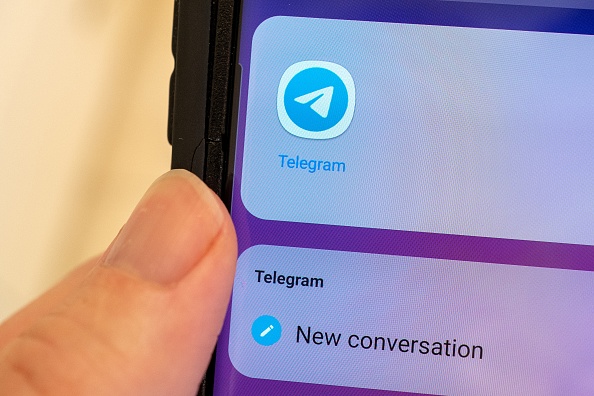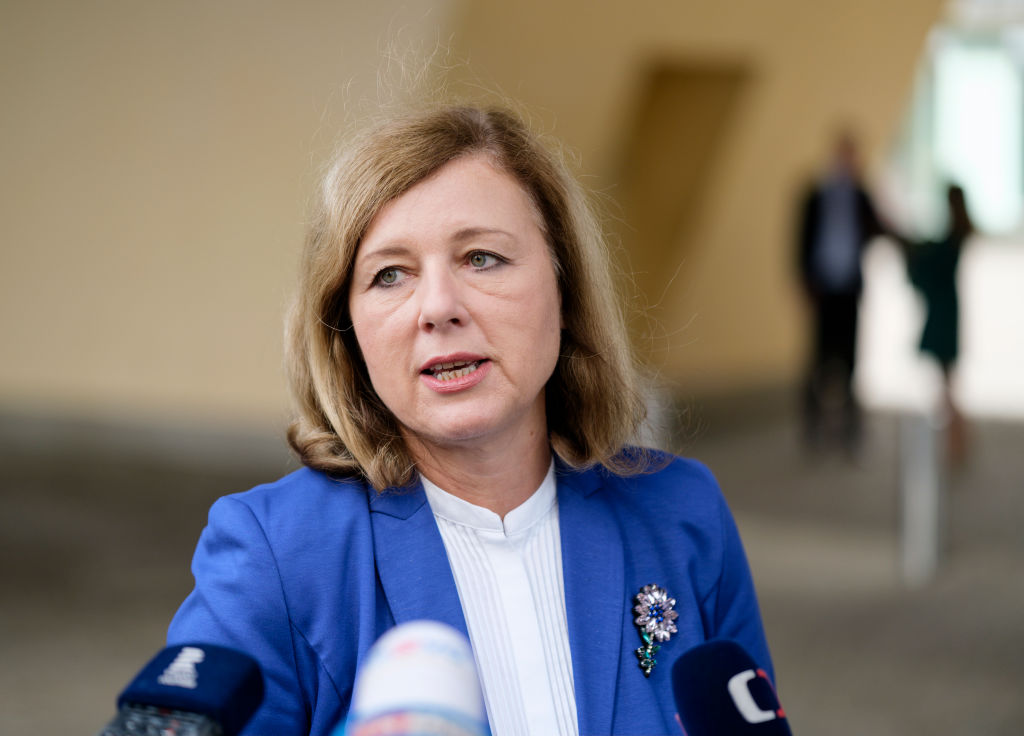Messaging service Telegram has confirmed it will make an effort to comply with European Union-level censorship rules.
Following a report by Belgian media that the app had appointed a legal representative within Belgium to make itself compliant with the bloc’s Digital Services Act (DSA), Telegram confirmed in a post it had done so.
According to the Dubai-headquartered messaging service, so-called “competent authorities” will be able to reach out to it over DSA complaints through a European Digital Services Representative it has now set up in Brussels.
Telegram has also now provided a link for individuals to report “illegal content” within the EU for removal, although warned that it may “suspend” a user’s complaints if they “repeatedly submit manifestly unfounded, fraudulent or misleading reports”.
Speaking to Brussels Signal, an official for the Belgium Institute for Postal Services and Telecommunications (BIPT) also confirmed that it would now be responsible for monitoring Telegram’s compliance with the DSA.
“The monitoring by the BIPT starts immediately or, at least, when the BIPT’s designation as a “competent authority” (within the meaning of the DSA) has been “published in the Belgian Official Gazette”, said the regulator’s spokesman Jimmy Smedts.
When asked whether the authority could properly monitor and enforce Telegram’s DSA compliance, Smedts said that while it was unclear what level of resourcing BIPT would need for the project, he was confident it would manage.
“So far, BIPT has coped with [the preparation of] its new assignments with its current resources,” he said.
“However, the intention is to expand the staff with 10 to 20 additional employees.”
Spain, which was at the point of banning the Telegram app this week, backtracked on the decision after searches for VPNs skyrocketed.https://t.co/koxRQVzWlE
— Brussels Signal (@brusselssignal) March 29, 2024
While Telegram has now made itself available for DSA enforcement within the EU, questions remain as to how effectively the messaging platform can be held to legal account.
Numerous authorities across Europe have in the past tried and failed to reel it in over its content.
President Vladimir Putin’s Russia attempted to ban the platform back in 2018 over its refusal to pass encryption keys to the country’s law enforcement authorities.
That was said to have had little to no effect on the app’s use within the country over the next two years, with its user base continuing to grow. Moscow eventually surrendered, lifting the ban in 2020.
A similar move to bar the platform was also at one point floated by Germany’s Antifa-linked interior minister Nancy Faeser, with the politician mainly attacking Telegram over what she said was its hosting of those on the hard-right.
She was eventually forced to backtrack, insisting to local media that a ban would only be a “last resort” should the app continue to play fast and loose with German law.
Telegram was also at one point nearly banned in Spain, with the country’s High Court ruling the app shut over its use to spread copyrighted material.
That was quickly overturned after a public outcry, with it transpiring that the judge presiding over the ban did not understand the app, nor its importance within Spanish society.
“The judge did not even know what Telegram was,” one lawyer explained in the wake of the reversal.
French lawmakers have been told by Prime Minister Elisabeth Borne to ditch WhatsApp and Telegram in favour of French messenger apps to protect cybersecurity. https://t.co/RFo94Pq82F
— Brussels Signal (@brusselssignal) November 30, 2023





